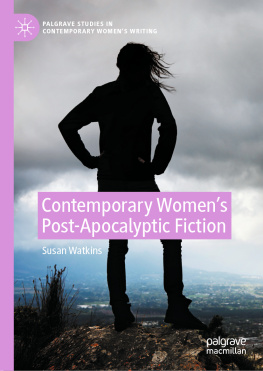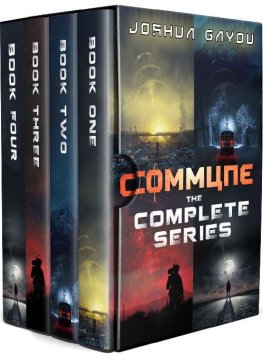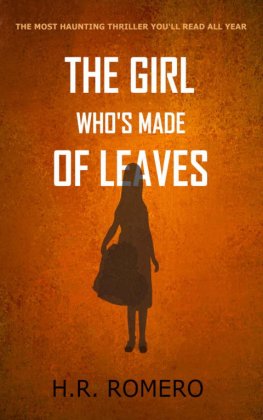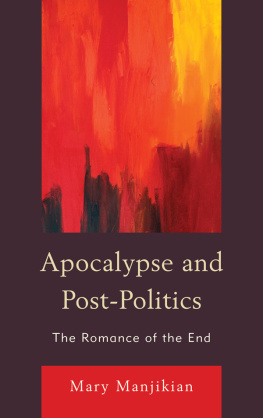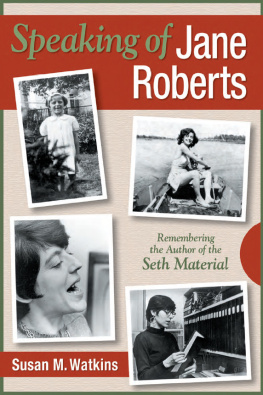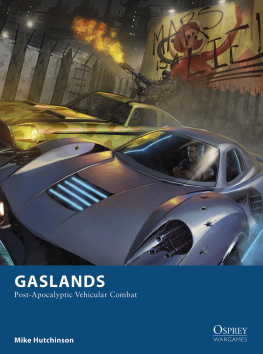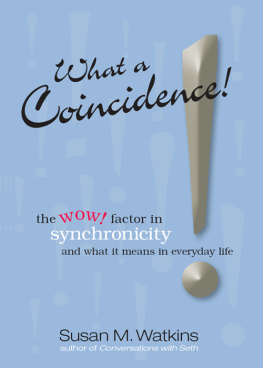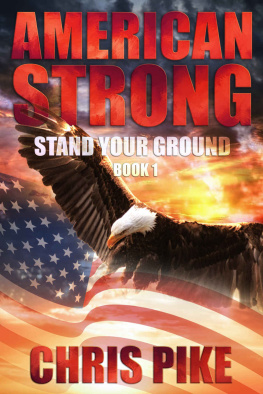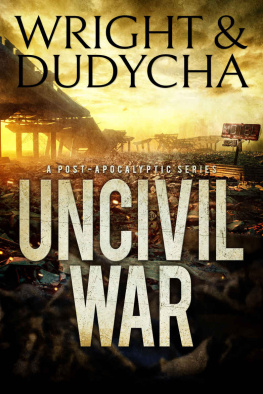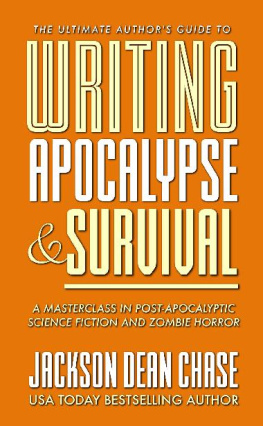Susan Watkins - Contemporary Womens Post-Apocalyptic Fiction
Here you can read online Susan Watkins - Contemporary Womens Post-Apocalyptic Fiction full text of the book (entire story) in english for free. Download pdf and epub, get meaning, cover and reviews about this ebook. year: 2020, genre: Romance novel. Description of the work, (preface) as well as reviews are available. Best literature library LitArk.com created for fans of good reading and offers a wide selection of genres:
Romance novel
Science fiction
Adventure
Detective
Science
History
Home and family
Prose
Art
Politics
Computer
Non-fiction
Religion
Business
Children
Humor
Choose a favorite category and find really read worthwhile books. Enjoy immersion in the world of imagination, feel the emotions of the characters or learn something new for yourself, make an fascinating discovery.
- Book:Contemporary Womens Post-Apocalyptic Fiction
- Author:
- Genre:
- Year:2020
- Rating:3 / 5
- Favourites:Add to favourites
- Your mark:
- 60
- 1
- 2
- 3
- 4
- 5
Contemporary Womens Post-Apocalyptic Fiction: summary, description and annotation
We offer to read an annotation, description, summary or preface (depends on what the author of the book "Contemporary Womens Post-Apocalyptic Fiction" wrote himself). If you haven't found the necessary information about the book — write in the comments, we will try to find it.
Contemporary Womens Post-Apocalyptic Fiction — read online for free the complete book (whole text) full work
Below is the text of the book, divided by pages. System saving the place of the last page read, allows you to conveniently read the book "Contemporary Womens Post-Apocalyptic Fiction" online for free, without having to search again every time where you left off. Put a bookmark, and you can go to the page where you finished reading at any time.
Font size:
Interval:
Bookmark:
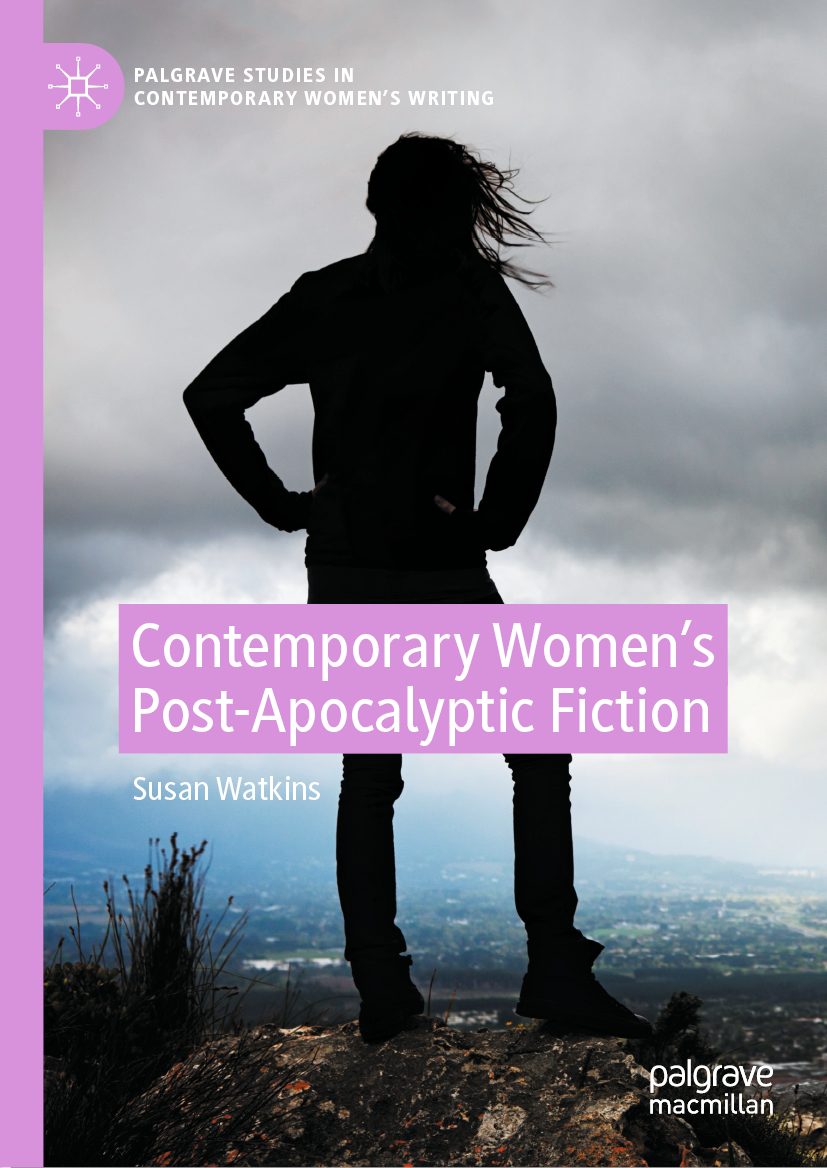
This monograph series aims to showcase Late Twentieth and Twenty-first Century work of contemporary women, trans and non-binary writers in literary criticism. The women in our title advocates for work specifically on womens writing in a world of cultural and critical production that can still too easily slide into patriarchal criteria for what constitutes worthy literature. This vision for the series is avowedly feminist although we do not require submissions to identify as such and we actively encourage submissions that engage directly with different definitions of feminism. Our series does make the claim for a continuing imperative to promote work by women authors; it remains essential for our field to make space for this body of literary criticism. Further, our series makes a claim that serious inquiry on Late Twentieth and Twenty-first Century womens writing contributes to a necessary, emerging and exciting research area in literary studies.
More information about this series at http://www.palgrave.com/gp/series/15978

Cover image: RapidEye/Getty Images, Silhouette of girl under stormy sky looking towards sunlit area, 157677075
This Palgrave Macmillan imprint is published by the registered company Springer Nature Limited
The registered company address is: The Campus, 4 Crinan Street, London, N1 9XW, United Kingdom
For my parents,
Christine Anne Watkins and Clifford Rhys Watkins (19342017)
I have a wonderful network of friends and colleagues who have been a part of this book. First, many people in the English Literature and Creative Writing team at Leeds Beckett University have advised me on different aspects of this project: they are mentioned specifically in the footnotes too. Thank you Rob Burroughs, Sue Chaplin, Rachel Connor, Nick Cox, Caroline Herbert, Andrew Lawson, Emily Marshall and Ruth Robbins, as well as former colleagues Claire Chambers, Katy Shaw and Joanne Watkiss. Current and former Ph.D. students Jennifer Bowes, James Collinge and Danielle Hall also gave invaluable suggestions arising from their own work. They are also thanked in the footnotes too. I have been thinking about this project in different ways for many years and have had helpful feedback from audiences at conferences or seminars (in the UK) at the University of Birmingham, the University of Brighton, Brunel University, the University of Leicester, Northumbria University, Newcastle University and the University of Westminster, as well as at the National Chiao Tung University in Taiwan, and the MLA conference in New York City. Many of these conferences were Contemporary Womens Writing Association events: the CWWA has been a great home for my work. Thank you to the women who have been closely involved with the CWWA over the years, but especially to Mary Eagleton, Clare Hanson and Alice Ridout, whose conversations and ideas about this book have been key. Im also delighted that this book is the first in the new Contemporary Womens Writing series with Palgrave. Thank you to Denise, Andrea and particularly Gina (with whom Ive given papers on panels on all things apocalyptic). Thanks also to those scholars I have met through the Doris Lessing Society who have supported my work and this project in different ways: Debrah Raschke, Roberta Rubenstein, Christine Sizemore, Virginia Tiger and Robin Visel. Paula Kennedy and Ben Doyle (formerly of Palgrave) and Milly Davies at Palgrave have seen this book through to publicationthank you. I have found when talking about this project in different places and contexts that people suggest more and more examples of contemporary womens post-apocalyptic fictions for me to read. I have picked up on many of them. Thank you to all those who did recommend booksI may not remember who first suggested a particular text to me, but I am very grateful. My final thanks must go to my family. Ian, Amy and Luke Strange have witnessed and taken part in this books growth.
Since the millennium, there has been an outpouring of writing that imagines the end of the world as we know it and the limping survival of a remnant of humanity afterwards. Contemporary women writers are no exception to this apocalyptic trend, but how is their writing of the apocalypse distinctive? I argue in this book that conventional apocalyptic fiction (usually male-authored ) tends towards conservatism. In such narratives, traditional patriarchal and imperialist definitions of what civilisation is are central and the momentum after the imagined disaster is either towards the restoration of what has been lost during the apocalypse, or focuses on nostalgic mourning for the past. In popular cultural treatments of apocalypse, there are also few viable alternatives to this masculinist narrative. Why do so many texts that are set in a post-apocalyptic future focus on men who are trying to survive, trying to protect women and trying to rebuild things the way they were before? Why is there so much emphasis on mens nostalgia for the world before things changed? It is urgent that we engage with the work of those contemporary women writers who do present alternatives to this way of imagining a post-apocalyptic environment. This is because they focus on analysing the ways in which patriarchy and neo-colonialism are intrinsically implicated in the disasters they envision. Rather than nostalgia and restoration after such a disaster, they successfully transform and rewrite the apocalyptic genre to imagine different possible futures for humanity post-apocalypse.
Font size:
Interval:
Bookmark:
Similar books «Contemporary Womens Post-Apocalyptic Fiction»
Look at similar books to Contemporary Womens Post-Apocalyptic Fiction. We have selected literature similar in name and meaning in the hope of providing readers with more options to find new, interesting, not yet read works.
Discussion, reviews of the book Contemporary Womens Post-Apocalyptic Fiction and just readers' own opinions. Leave your comments, write what you think about the work, its meaning or the main characters. Specify what exactly you liked and what you didn't like, and why you think so.

